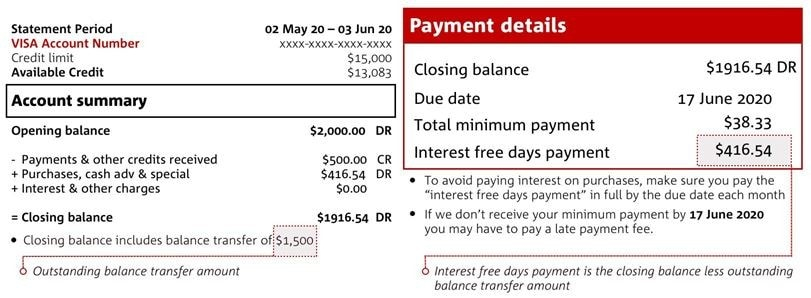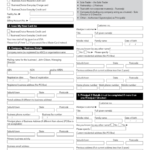Nab Credit Card Transfer Form – If you’re uncertain about the transfer process You can fill out the Transfer Credit Acquired form, or TCAF. You might have a class that you didn’t complete and haven’t been awarded a grade for, and you’re wondering if you can apply it to your degree. It’s good news that you could. Most courses that score a C or better will not require material reviews. However, you should note the fact that any course that does not transfer to a specific U.M. class is considered to be departmental-credit. If it’s not departmental credit, you will not be able transfer it into a U.M. course and therefore you will not meet the requirements of the degree.
The coursework must be graded at the level of a C, or higher.
For your course to transfer and be eligible for transfer credit, they must earn the standard of C or better. To be eligible to transfer credit, the courses must have been completed in an accredited institution like the Higher Learning Commission or the Middle States Association of Colleges and Schools (MASAC). International programs must be assessed according to an individual-to-individual basis. Transcripts that are official must be presented to the CCS. Your previous institution must have accepted the courses.
In order to transfer your credits from a prior college, courses taken at a foreign institution must be graded with a at least C or better. Pass/satisfactory grades cannot be considered transferable, nor are college algebra, developmental courses or technical and career courses. However this policy has been revised during the COVID-19 pandemic and any courses previously completed are now accepted.
To be eligible for transfer credit, the courses conducted at regionally accredited colleges must have been awarded a grade equivalent to “C” or better in the previous institution. To transfer credits, the courses must have a similar scope and their content. Although a C is the acceptable minimum grade for transferable credits however, some institutions allow Grades of “D” or higher. Accreditation organizations include The Middle States Association of Colleges and Schools The New England Association of Schools and Colleges The Northwest Association of Schools and Colleges, and Southern Association of School and Colleges.
TCEL provides courses that have transferred to Clemson before. It is not a complete listing, and any courses not mentioned here must be evaluated prior to applying to Clemson. It is also worth noting that the TCEL listing also includes classes that have equivalents, but this list does not reflect differences in the amount of credit hours that institutions offer. While the TCEL lists courses that are comparable to courses taught at other colleges, the Office of Admissions’ evaluations depend on the most current information.
Although your previous work might be acceptable, it is important to examine its academic consequences. If you’re unable to complete the mandatory course work take into consideration retaking the course. Try to achieve at the very least a “C” in the course and meet any requirements that the university requires. Retaking a course two or three times could affect your cumulative GPA and you should be cautious when you are deciding whether or not to repeat it.





